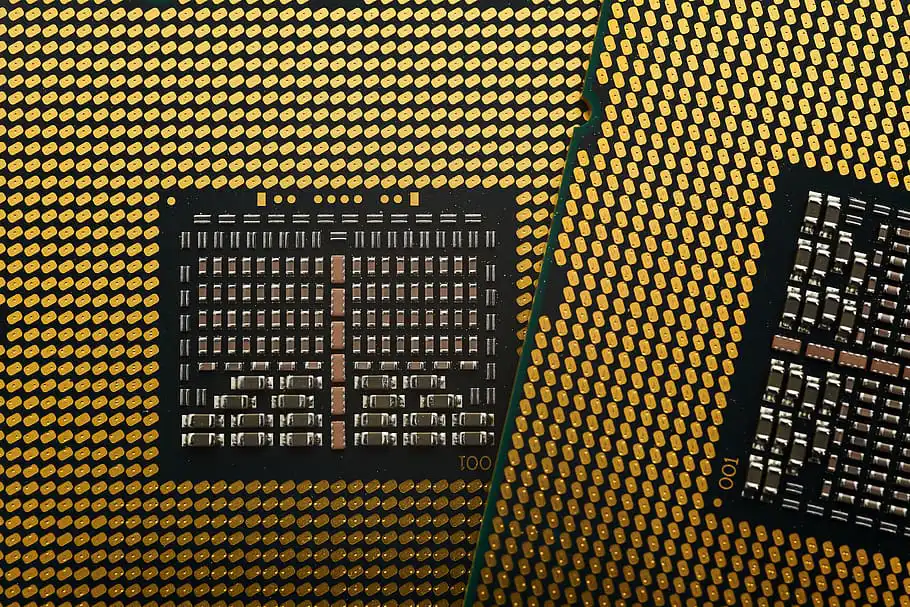The power struggle involving technological superiority continues to escalate on the global stage. One such scenario involves China’s military and government successfully obtaining Nvidia chips despite a United States ban.
The ban, originally implemented to prevent China from advancing their military competence by leveraging U.S. technology, was broadly disregarded. The entities made use of middlemen to subvert the restriction and bolster their abilities with Nvidia’s potent graphical processing units (GPUs).
The acquisition of these chips showcases the struggle of the U.S. in implementing and enforcing effective export controls. The result is a challenge to the United States’ campaign aimed at restraining China's fast-developing technology industry.

The United States has been at the forefront of technological manufacturing with big names like Nvidia under its belt. Distinguished for their high performance, Nvidia’s GPUs are primarily used in gaming, cryptocurrency mining, and most importantly, sophisticated military operations.
Nvidia’s technology holds the potential to bolster any military force, hence the U.S. ban. The advanced technical capabilities it offers include 3D simulations, image and signal processing, and artificial intelligence rendering - all essential elements of today's high-tech weapon systems.
Deciphering China’s access to these chips uncovers a convoluted scheme of intermediaries and chip distributors. This multilevel system of middlemen involves obscure firms that acquire chips from Nvidia and further supply them to Chinese firms.
These Chinese firms, apparently in the commercial sector, then push the chips downstream to the military and government. This high-level subversion of the trade ban gives the Chinese entities a strategic edge over their counterparts.
Furthermore, the approach is inherently challenging to control or predict, given the covert nature and high number of nondescript entities involved in the aforementioned process.
Though Nvidia Corporation has been vigilant in the compliance of trade regulations, the company faces a considerable challenge. Are they able to assure that their products do not end up with forbidden enterprises through this chain of distribution? It's complicated.
The U.S. ban was initiated with the aim of crippling China's technological dominance, particularly in advanced fields like artificial intelligence and machine learning. But this resolution appears fraught with difficulty stemming from the elusiveness of the chip distribution system.
Identifying and penalizing violators is a daunting task, making it easier for such deals to slip through the net. Consequently, the technology still permeates the borders and reaches its desired destination: the Chinese military and government.
The situation highlights the broader conflict between the United States and China. This is not limited to technological advancement, extending to areas of trade, economic policies, intellectual property disputes, and national security.
Amid this conflict, China’s determination to advance technologically is evident. They remain undeterred by trade restrictions, as evidenced by their tactics to circumvent rules and acquire these valuable chips.
The presence of intermediaries in this elaborate distribution chain is taxing to disentangle, leaving loopholes for exploitation in the system. This predicament could lead to potential re-evaluations of prevalent trade laws and policies.
The power that Nvidia’s chips hold is significant. The chips can serve multiple industries, from gaming to critical military tech. Therefore, the wider implications of China’s government and military securing access to these chips, despite the ban, should not be underestimated.
China’s access to these chips uncovers a crucial loophole in the U.S. export control system. The persisting issue creates a need for increased scrutiny, stricter laws, and improved tracking systems to uphold such bans in the future.
While the battle for technological dominance continues, an important factor remains under scrutiny: trade controls. Current events underscore their fragility and the urgency for stronger, more effectual measures.
The unfolding scenario reflects the dynamic and often cryptic landscape of international trade and technology. The story of China overcoming U.S. barriers to acquire Nvidia's chips exemplifies the lengths nations are willing to go in pursuit of technological hegemony.
China's acquisition of Nvidia's chips raises larger questions about the effectiveness of technology embargoes. It explores the linkage between trade policy, technology, geopolitics, and national security in the intricate ballet of international relations.